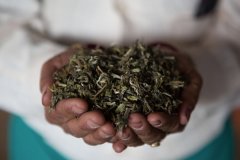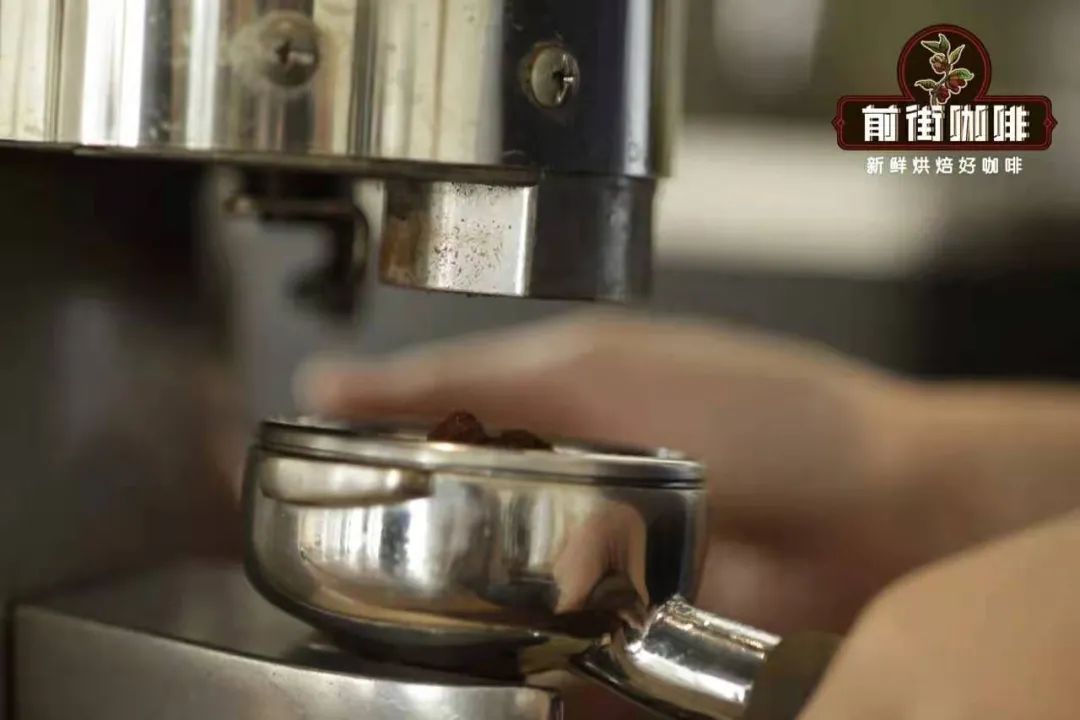Which is better, Kenyan black tea or domestic black tea? How much is a box of Kenyan black tea brand kericho?
In February, the Kenyan High Court ruled that although it could lead to unemployment, trade unions could not stop tea farmers from picking tea mechanized. This decision confirmed a decision of the Court of Appeal, which overturned the 2010 decision of the lower court. The survey results clearly show that Unilever Kenya Co., Ltd. has the right to use mechanization and technology in its operations. Despite trade union opposition, multinationals continue to introduce tea-picking and mechanical pruning equipment, mainly for economic gain. The tea harvested by a worker's picking machine is equivalent to the tea picked by 20 tea pickers in a day. They admit that the number of workers employed has decreased, but say they have done so through attrition. Last year, striking workers caused S $300 million (US $2.7 million) in losses to producers, according to plantation owners. During a long court battle, the five largest tea companies in the Rift Valley continued to operate mechanically. Finley, Unilever, Kepkebe, Sotik Tea, Williamson Tea and the East Kenya Tea production Company (EPCK) continue to face fierce resistance from the Kenyan Plantation Agricultural Workers Union (KPAWU). Henry Henry Omasire, secretary of the National Organization of Trade unions, told the Business Daily (Business Daily) that the introduction of tea picking equipment would cost 50, 000 jobs. According to Omahir, more than 10, 000 tea workers have been laid off to cut costs in Nandi, Kerry icho, Bomet and Nyamira counties. The Nandi County Council (Nandi County Assembly) set up a tax last year to prevent the use of equipment to replace temporary workers.

Apollo Kiarii, chief executive of the Kenya Tea Farmers' Association, explained that unemployment was caused by natural attrition. "due to the mechanization of tea picking, the tea factory did not lay off staff. The company will not replace employees who voluntarily resign, die or are fired for misconduct. " "We need to recognize that the world is moving towards agricultural mechanization to create efficiency and better conditions for workers," Kiarii said. " A tea picker picks an average of 40 kilograms of tea a day, which can take home 532 shillings ($4.85), while a machine can pick 150 kilograms of tea a day. " Agrimech Africa Ltd. Pascal Kaumbutho, managing director, says mechanization is essential. He explained that in Africa, female smallholder farmers grow 70% of the continent's food, but the population is expected to double by 2050 and food production must be increased. More than half of Kenya's high-yielding farmland is idle. Kaumbutho says there are "only two tractors per 2500 acres" in Kenya. Without mechanization, he predicts, "food safety will soon depend on expensive food imports." India has an average of 128 tractors per square kilometer and Brazil has an average of 116 tractors per square kilometer. According to the United Nations Food and Agriculture Organization (FAO), sub-Saharan African countries have an average of 1.3 tractors per square kilometer, while Africa as a whole has less than two tractors per 1000 hectares of farmland. FAO noted that mechanization is often difficult because of the topography and the global average of 0.33 hectares of small family farms. Most of the tea gardens in the world are located on steep hillsides. Kenya is an exception. At present, there are 160000 hectares of tea planting area, producing 350000 tons of tea. Tea harvested on flat land is mainly used for tea bags and making tea powder, rather than traditional tea. The harvesting equipment sells for less than $1000 each, but mechanization requires good sidewalks, fuel and skilled craftsmen.
Important Notice :
前街咖啡 FrontStreet Coffee has moved to new addredd:
FrontStreet Coffee Address: 315,Donghua East Road,GuangZhou
Tel:020 38364473
- Prev

Where can I buy authentic Indian manor boutique Darjeeling black tea and Assam black tea?
Five years after digitization, tea auctions in India are still in disarray. The All India Tea Traders Association (FAITTA) has warned that price discovery, the main reason for financing digital auctions, is failing. In January this year, FAITTA, India's largest professional tea traders 'organisation, asked the Indian Tea Commissioner
- Next

How much coffee does the espresso grind make? Correctly making espresso course
Every day the coffee shop is busy with the preparation work before opening, one of which is very important to debug espresso. Earlier, a friend asked how fine the coffee powder used in the espresso machine is. The grindability of espresso, such as hand-made coffee, ice droplets and other drip-filter coffee, its own grinding particles will be thicker, we can also use a sieve to distinguish. But Italian style
Related
- Unexpected! Ruixing Telunsu lattes use a smoothie machine to foam milk?!
- % Arabia's first store in Henan opens into the village?! Netizen: Thought it was P's
- Does an authentic standard mocha coffee recipe use chocolate sauce or powder? Mocha Latte/Dirty Coffee/Salty Mocha Coffee Recipe Share!
- What is the difference between Vietnam egg coffee and Norway egg coffee? Hand-brewed single product coffee filter paper filter cloth filter flat solution!
- What is the difference between sun-cured and honey-treated coffee? What are the differences in the flavor characteristics of sun-honey coffee?
- How to make Italian latte! How much milk does a standard latte use/what should the ratio of coffee to milk be?
- How to make butter American/butter latte/butter Dirty coffee? Is hand-brewed coffee good with butter?
- Is Dirty the cold version of Australian White? What is the difference between dirty coffee/decent coffee and Australian white espresso?
- Relationship between brewing time and coffee extraction parameters How to make the brewing time fall to 2 minutes?
- Got entangled?! Lucky opens a new store, Mixue Ice City, and pursues it as a neighbor!

